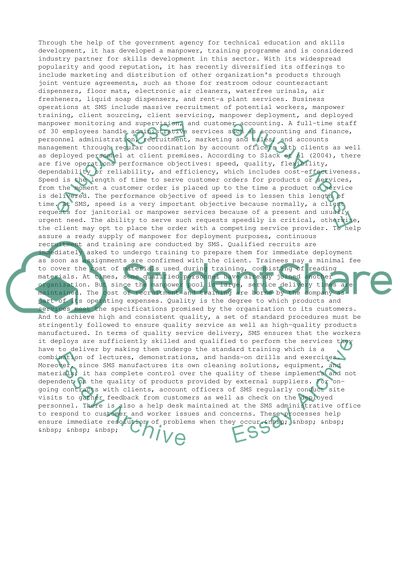Cite this document
(Performance Objectives of Superior Maintenance Services Term Paper, n.d.)
Performance Objectives of Superior Maintenance Services Term Paper. Retrieved from https://studentshare.org/management/1521247-operations-management-at-superior-maintenance-services
Performance Objectives of Superior Maintenance Services Term Paper. Retrieved from https://studentshare.org/management/1521247-operations-management-at-superior-maintenance-services
(Performance Objectives of Superior Maintenance Services Term Paper)
Performance Objectives of Superior Maintenance Services Term Paper. https://studentshare.org/management/1521247-operations-management-at-superior-maintenance-services.
Performance Objectives of Superior Maintenance Services Term Paper. https://studentshare.org/management/1521247-operations-management-at-superior-maintenance-services.
“Performance Objectives of Superior Maintenance Services Term Paper”, n.d. https://studentshare.org/management/1521247-operations-management-at-superior-maintenance-services.


